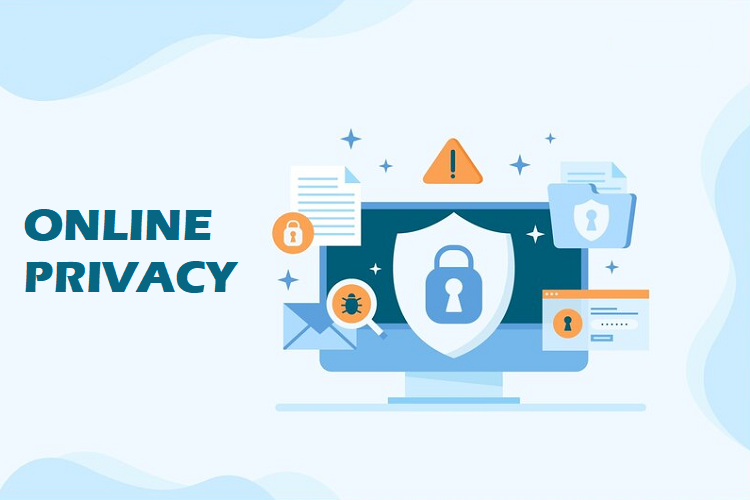As data continues to grow and drive strategic advantage for modern enterprises, protecting it is becoming more critical. Security issues are escalating, pushing entrepreneurs to focus more on secure data management.
Preventing sensitive business data from falling into the wrong hands is a priority for organizations. To address this problem, entrepreneurs are turning to data destruction to keep their critical data safe and secure.
What is Data Destruction?
Data destruction is the process of destroying, shredding, or incinerating documents or files when they are no longer needed. Now that we are in the digital age, the procedure involves eradicating data, specifically when stored within a device.
One of the challenges of the cybersecurity industry is that data can leave behind a more significant footprint than physical files. In the past, shredding documents was enough to ensure that sensitive information did not fall into the wrong hands. Unfortunately, managers cannot use the same process when handling digital data.
Methods of Data Destruction
Below are three common ways to dispose of data today:
Overwriting a storage disk
This process involves placing an additional layer of information on top of existing material to cover up the data it contains. But, this technique may be ineffective against malicious actors who possess a significant amount of technical experience.
It is also important to note that overwriting only works when the media are undamaged. This disadvantage means someone can still tamper with it.
Degaussing
Degaussing destroys data on a storage device by removing the unit’s magnetism. This involves using a strong electromagnet to scramble all the stored data, making the information unreadable. However, the downside is that the device will be damaged after the process.
Physical destruction
Another popular option is to physically destroy the device containing sensitive data. People use chemicals or shred the unit so no one can access them.
Unfortunately, a laptop or a hard drive that has been substantially destroyed may still contain a certain amount of data. Many organizations outsource this service to qualified third parties to address this issue.
How Data Destruction Can Benefit Businesses
All types of businesses can reap benefits from learning proper data destruction. Moreover, business leaders are responsible for protecting the information their clients and employees provide.
- Companies handle thousands of customer information, especially if they market products online. Sensitive data falling into the wrong hands might hurt the customers and be detrimental to the business.
- Most firms only store customer information for a specific time. After that, they must devise a way to dispose of that information effectively and efficiently. With a proper data destruction strategy, this can be an easy feat.
- It is also an entrepreneur’s responsibility to protect the data of their employees, including their names, card information, and Social Security numbers. Not only could their data be used for identity theft, but some staff may want to keep specific details private.
- Keeping your employees and their sensitive information safe and secure can be easier if you are knowledgeable about proper data destruction.
These benefits highlight the importance of data destruction today. Modern entrepreneurs would do well to know more about the process to keep their business and their sensitive data safe.




